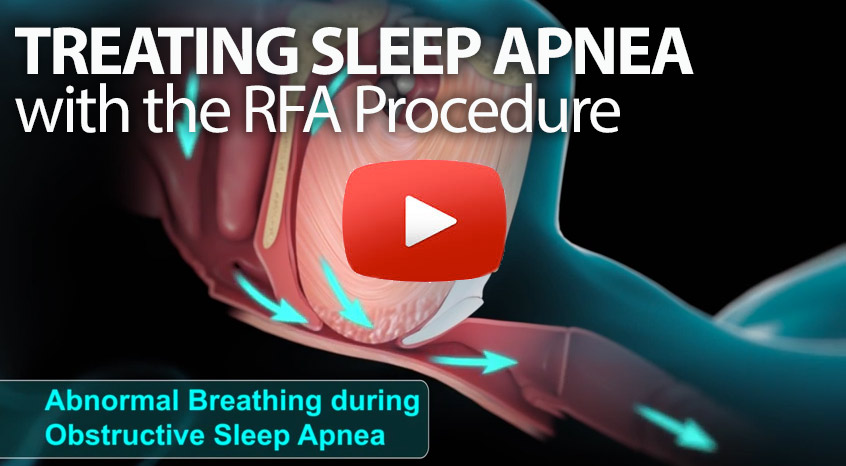We all know that sleep is important, but most people would be shocked if they knew just how devastating sleep deprivation can be. It’s well documented that many major preventable global catastrophes have been partially or fully blamed on sleep deprivation (Three Mile Island, Chernobyl and the devastating Exxon Valdez oil spill to name a few).

Sleep deprivation can take a serious toll on your physical and mental health, and make it harder to concentrate on daily tasks.
In addition to large scale consequences, sleep deprivation also has some shocking effects on the human body. Here are 7 surprising Effects of Sleep Deprivation:
- Sleep Deprivation Messes With Your Sexual Health- According to Web MD, “Scientists have reported that a person’s sex drive can be significantly lowered by not getting the right amount of sleep. Missing sleep can reduce a person’s energy, leaving them less interested in sex.”
- Sleep Loss Leads To Significant Weight Gain– The science is beginning to show that skipping sleep can noticeably expand your waste line. According to USA Today, sleep deprivation causes people to have increased levels of a hunger hormone called ghrelin. This causes sleep deprivation sufferers to consume about 300 calories a day more than when they were well-rested. They eat more than what is needed to cover the energy cost of staying awake longer, especially at night. These conditions can lead to significant weight gain. A person who misses sleep regularly also has less willpower than a rested person, and is prone to making bad nutrition choices more frequently.
- Sleep Loss Might Shrink Your Brain– According to Medicaldaily.com, “In a new study out of the University of Oxford, scientists examined 147 adults who were aged 20 to 84. They analyzed the link between lack of sleep and brain volume, finding that on average sleeping difficulties were associated with the rapid decline in brain volume.” Yikes.
- Anxiety and Panic Attacks Can Be Brought On By Sleep Loss- What comes first, missing sleep or worrying about missing sleep? We’re not sure, and every individual’s struggle with getting a good night’s rest is unique, but we can be sure that there’s a clear link to sleep loss and anxiety. According to The Anxiety and Depression Association of America, “Research also shows that some form of sleep disruption is present in nearly all psychiatric disorders. Studies also show that people with chronic insomnia are at high risk of developing an anxiety disorder.” Taking medications to treat these conditions can also negatively impact your sleep.
- Memory Takes a Dive When You Don’t Sleep Well- Memories are made when you are awake, but are retained when your body and mind experience deep sleep. According to Web MD, “Both acquisition and recall are functions that take place when you are awake. However, researchers believe sleep is required for consolidation of a memory, no matter the memory type. Without adequate sleep your brain has a harder time absorbing and recalling new information.”
- Sleep Loss Can Make a Person Hostile- In addition to causing feelings of hopelessness and depression, sleep loss can actually bring out hostility in a person. In a study reported on by Psychology Today, research participants become hostile and even violent after missing just a few nights of sleep.
- Sleep Loss Can Shorten Your Life- “I’ll sleep when I’m dead”, is a popular sentiment among busy people, but sleep loss is actually linked to shorter life spans. A recent Forbes profile argues that sleep loss quadruples risk of stroke and greatly reduces the immune system in a person.
If you or someone you know is in need of a better night’s sleep, contact us for a no obligation consultation. We are the sleep specialists at Chevy Chase ENT located in the Virginia, Maryland, and Washington D.C. metro area dealing with sleep apnea and sleep-related problems. We can help diagnose your condition, recommend whether a sleep study would be beneficial, and offer you a variety of treatment options including CPAP, Radio Frequency Ablation (RFA) and more.
